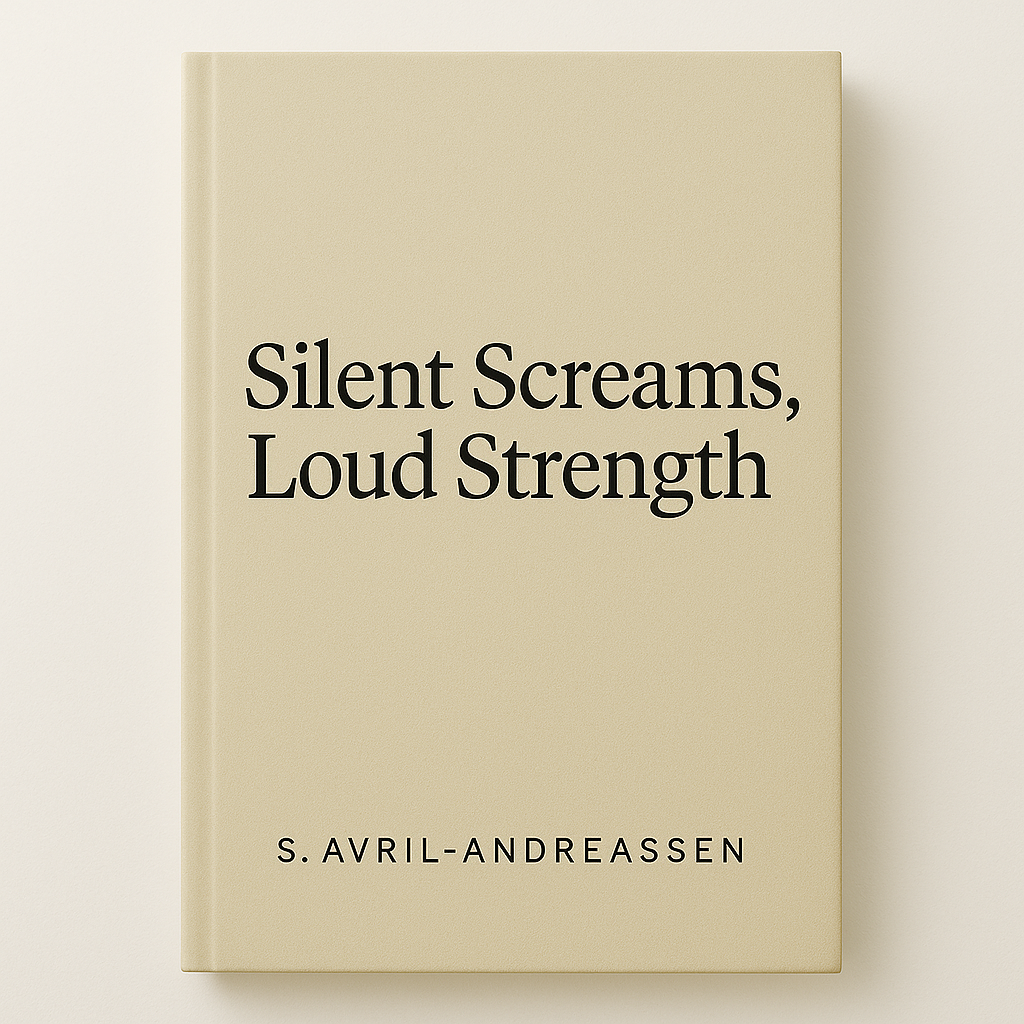At first, it feels intoxicating. The flurry of messages. The grand gestures. The declarations of “I’ve never felt this way before.” It feels like something out of a movie—soulmate-level intensity.
But beneath the roses and romantic rhetoric, something darker might be taking root.
This is love bombing—a tactic of emotional manipulation, often used as a gateway into coercive control.
What Is Love Bombing?
Love bombing is when someone overwhelms you with affection, attention, praise, and gifts early in a relationship—not out of genuine love, but to gain control. It’s excessive, intense, and often too much, too soon.
It doesn’t just happen in romantic relationships. It can occur in friendships, family dynamics, workplaces, or even spiritual communities.
At its core, love bombing is about power, not love.
Why Is It Coercive Control?
Because it:
Creates emotional dependency: You’re made to feel special, seen, and adored—then subtly made to believe that without them, you’re nothing.
Disarms your boundaries: You’re pressured to move fast: emotionally, physically, financially. Saying “slow down” feels like rejecting love.
Conditions you for later abuse: After the “honeymoon” phase, the adoration can suddenly turn cold, cruel, or controlling. You’re left confused, blaming yourself, and trying to “earn back” the love that was never real.
This isn’t just emotional immaturity—it’s a calculated pattern of control that can escalate into isolation, surveillance, gaslighting, and even physical abuse.
How to Spot Love Bombing
If you’ve experienced trauma before, especially childhood neglect or abandonment, love bombing can feel like healing. That’s what makes it dangerous.
Here are some red flags to look out for:
It’s Too Much Too Soon
“I love you” within days
Talks of marriage, kids, or soulmates almost instantly
Lavish gifts or pressure to commit right away
Constant Communication
Flooding you with texts, calls, messages
Getting upset if you don’t respond quickly
Framing it as “caring” or “missing you too much”
Boundary Pushing
Ignoring your requests for space
Showing up uninvited or trying to “surprise” you
Guilt-tripping you when you say no
Playing the Victim
Telling you how you are their saviour
Trauma-dumping or rushing intimacy to create instant closeness
Framing their need for you as urgent and fragile
Isolation Disguised as Devotion
“You don’t need anyone else when you have me”
Criticising your friends or family
Encouraging you to spend less time with others “for us”
Why It’s So Effective (And So Dangerous)
Love bombing feels good—until it doesn’t.
By the time the mask slips, you’ve bonded. You’ve attached. Your nervous system is now cycling between euphoria and anxiety, closeness and rejection. And that’s not love—that’s trauma reenactment.
Abusers use love bombing to:
And when the control kicks in, it’s confusing. You remember the good days. You blame yourself. You wait for the love bombing to return.
That’s the trap.
What Survivors Say
“He told me I was everything. Then he started deciding what I wore.”
“She said no one had ever understood her like I did. Two weeks later, she started accusing me of cheating when I didn’t reply instantly.”
“I thought I was being swept off my feet. But I was being groomed.”
What Healthy Love Looks Like
Paces itself with mutual respect and curiosity
Honours boundaries even when it feels inconvenient
Builds trust slowly, not through urgency or pressure
Doesn’t rush or rewrite your identity
Is consistent, not conditional
Real love doesn’t demand your entire world. It asks to coexist with your independence, your community, and your self-worth.
If You’re Experiencing Love Bombing
You are not overreacting. You are not “too sensitive.” And the confusion you feel is the effect of emotional manipulation—not your failure to “understand” them.
Here’s what you can do:
Slow it down: Take time to step back and observe
Journal the shifts in how you’re feeling physically and emotionally
Talk to someone outside the dynamic: friends, therapists, domestic abuse helplines
Name it: Naming love bombing for what it is can be the first act of reclaiming power
Final Words
Love bombing is not romance. It’s a tactic.
And it’s often the first move in a much darker game.
But awareness is protection. Voice is power. And healing is possible.
You deserve a love that grows, not engulfs.
That listens, not performs.
That holds space for your freedom, not your submission.
Coercive control starts with confusion—so let’s meet it with clarity.
You are worthy of peace. Of trust. Of safety.
And that begins with knowing the difference.

